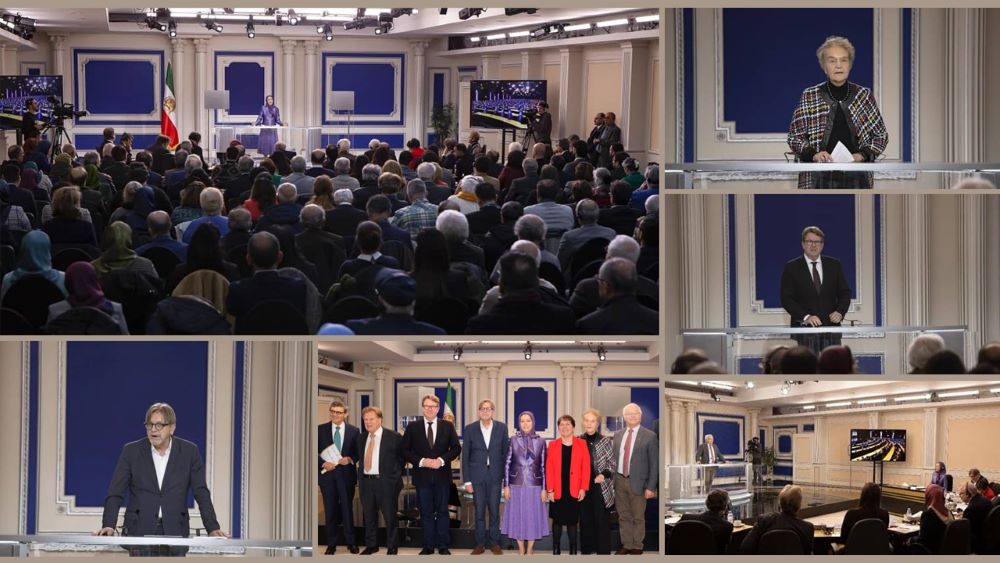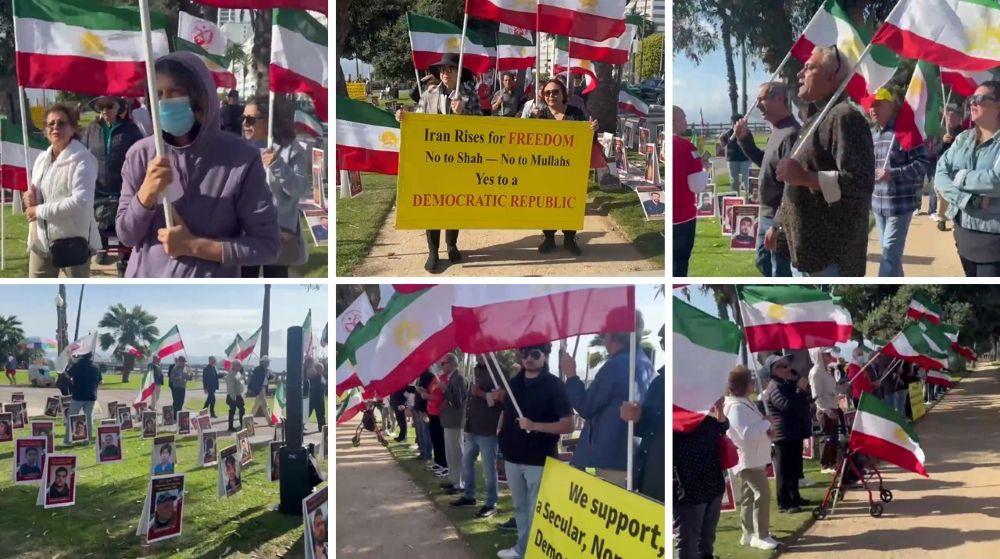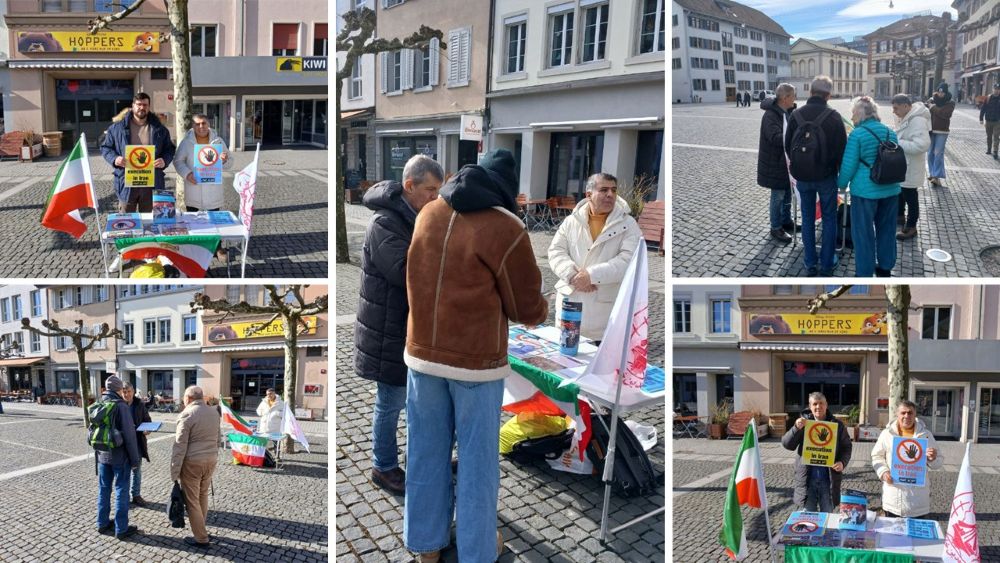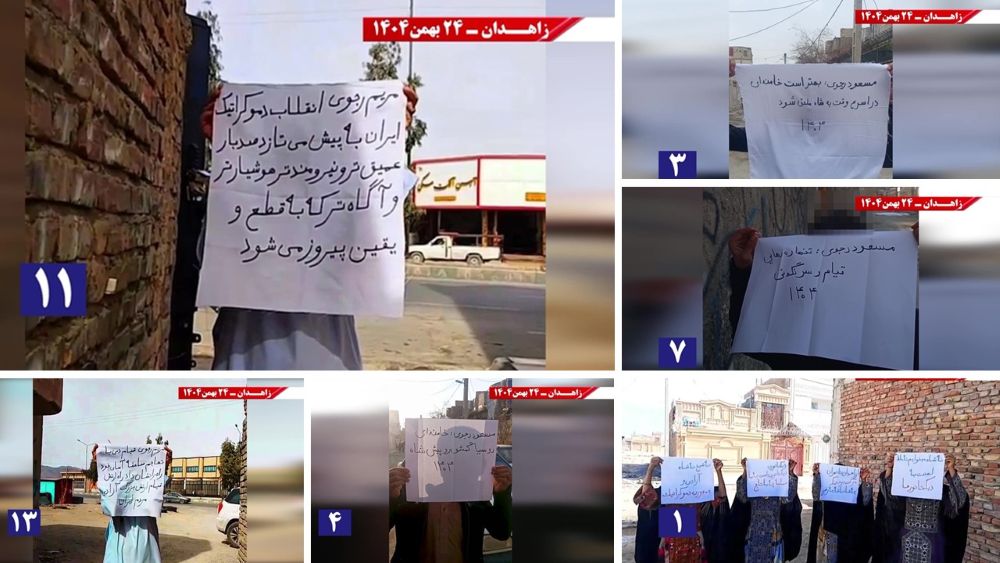
On December 7, 2024, a significant international conference titled “The Solution to the Iran Crisis and the Role of the Democratic Alternative” took place in Paris, coinciding with Human Rights Day.
Organized by the National Council of Resistance of Iran (NCRI), the event gathered prominent international figures, including former government officials, parliamentarians, and human rights advocates.
Keynote Address by Maryam Rajavi
Maryam Rajavi, President-elect of the NCRI, delivered a comprehensive roadmap for democratic change in Iran. She highlighted critical points regarding the current regime:
1. The ruling regime faces explosive societal discontent and is incapable of preventing uprisings.
2. Organized resistance has become established, with Resistance Units effectively operating within society.
3. The regime’s regional power has weakened significantly, affecting its proxy forces.
4. The regime cannot retreat from its strategy of war and repression and lacks the capacity for reforms.
Mrs. Rajavi emphasized that the NCRI represents a credible democratic alternative, advocating for a provisional government followed by elections to draft a new constitution that ensures women’s rights, ethnic autonomy, and religious equality.
International Perspectives
Guy Verhofstadt, former Prime Minister of Belgium, remarked, “The dominos are falling. After Syria, what comes next? The Iranian regime. As we have seen in Syria, things happen fast, and that is our hope in Iran.” He stressed the urgent need for a dual focus on human rights and democracy in addressing the crisis in Iran. Verhofstadt criticized Western appeasement policies towards Iran and proposed recognizing the IRGC as a terrorist organization while supporting the Iranian Resistance. He concluded with a moral appeal: “Supporting the Iranian Resistance is not merely a political choice but a moral imperative.”
Dr. Herta Däubler-Gmelin, former German Justice Minister, emphasized the need for democratic reform and praised Rajavi’s Ten-Point Plan as “excellent foundations for building a society that allows the people of Iran to shape a peaceful future.” She condemned the regime’s use of executions as tools of repression and called for sanctions against those responsible for issuing death sentences: “It is important to call for an end to executions in Iran.”
Carsten Müller, German MP, reaffirmed strong cross-party support in Germany for a free Iran. He stated, “We demand the listing of the Revolutionary Guards as a terrorist organization,” highlighting that “the Iranian regime’s brutal oppression underscores its criminal nature.” Müller expressed optimism about potential progress in 2025: “I genuinely believe that the mullahs’ regime has never been closer to collapse than it is right now.”
Thomas Lutze emphasized that human rights are “indivisible and indispensable,” asserting that Iran’s oppressive regime must be held accountable for its systematic violations. He commended Rajavi’s vision for a nuclear-free Iran as crucial for future peace.
Hans Ulrich Seidt provided an analysis of challenges facing Iran and emphasized the need for unified European policy that includes non-state actors and democratic opposition voices in shaping responses to Tehran: “It is essential to include non-state actors and the democratic opposition in shaping the European Union’s stance.”
Martin Patzelt reflected on the sacrifices of the Iranian Resistance, condemning Western governments for prioritizing economic interests over human rights: “This is a blatant betrayal of our convictions.” He called for continued solidarity with the Iranian Resistance as their struggle aligns with global democracy.
Dr. Rudolf G. Adam highlighted the destructive role of the Iranian regime in regional instability: “At the center of this crisis lies Iran.” He praised Rajavi’s Ten-Point Plan as a solid foundation for building a democratic Iran.
Leo Dautzenberg expressed strong support for Rajavi’s plan as a progressive roadmap: “Thousands of political leaders worldwide support this program.” He condemned judicial brutality against political prisoners and highlighted women’s oppression under the regime.
Professor Margot Käßmann provided a theological perspective on human rights violations in Iran: “Violation of human rights cannot align with any belief in God.” She praised Rajavi’s leadership and called for separating religion from state governance.
In conclusion, this conference served as a platform to unite voices advocating for democracy and human rights in Iran, reinforcing that change must come from within while garnering international support.



